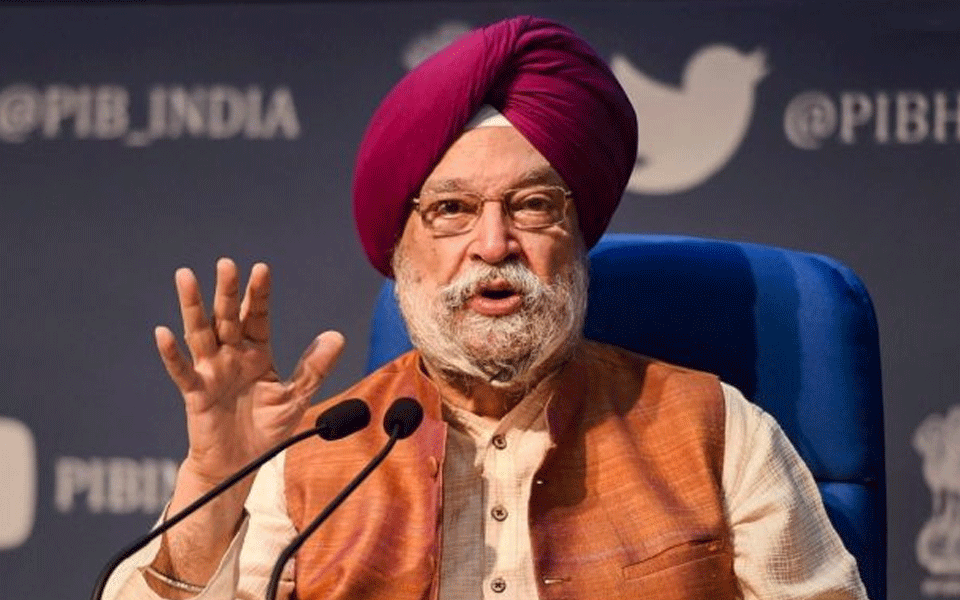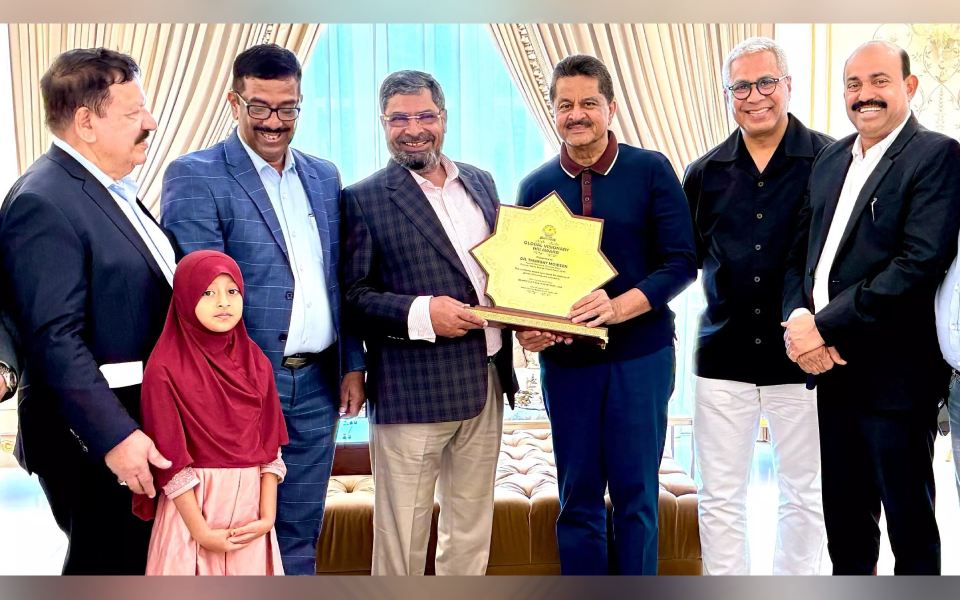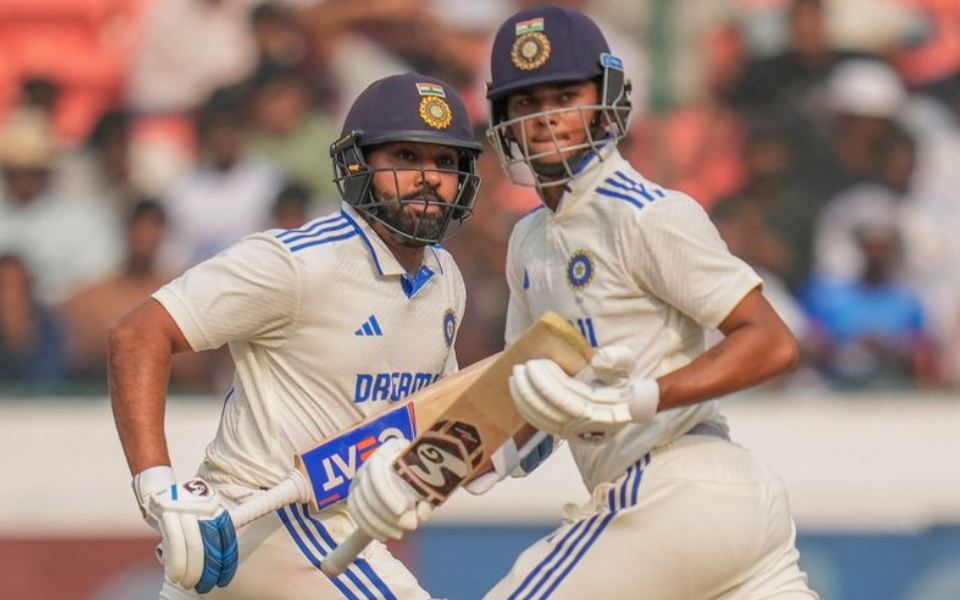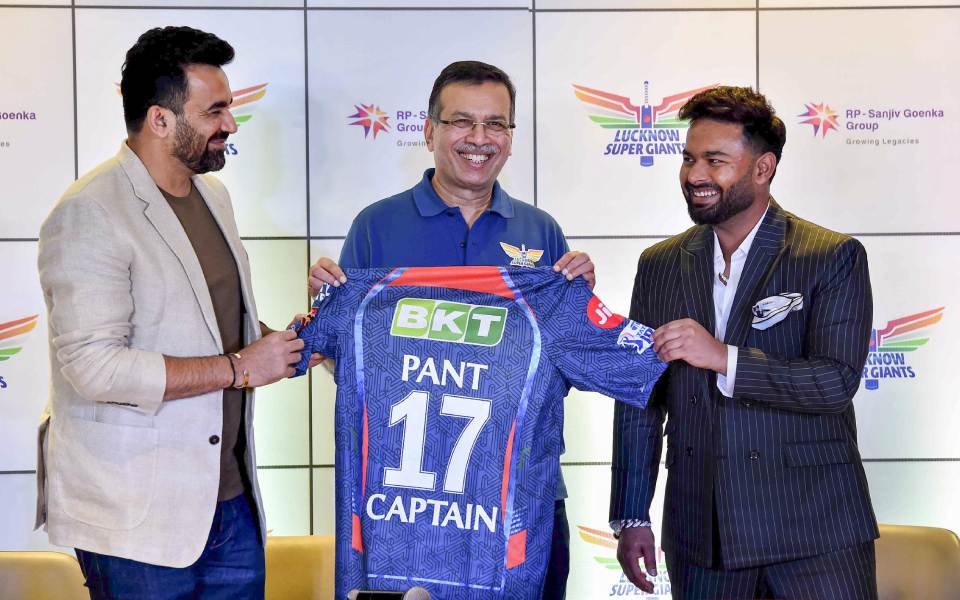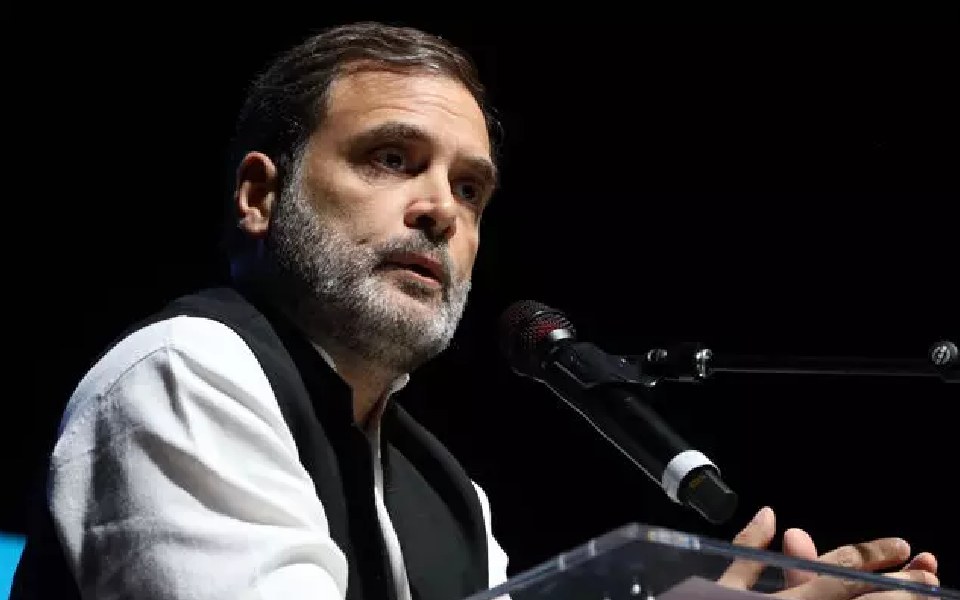New Delhi (PTI): Amid a clamour by the Opposition for cutting taxes to soften record high petrol and diesel prices, Oil Minister Hardeep Singh Puri on Friday equated the move to 'axing one's own feet', saying such levies funded government schemes to provide free COVID-19 vaccines, meals and cooking gas to millions amid the pandemic.
He also said domestic rates are linked to international oil prices, which have shot up due a variety of reasons which need to be understood.
"I think this simplistic political narrative we get in India (that), 'Prices have gone up why don't you reduce your taxes'... so every time price goes up due to something else, it says you axe your own feet in the process," he told reporters here.
He was asked a question on whether the government would cut taxes, which make up for 54 per cent of the price of petrol and over 48 per cent of diesel, to ease the burden on consumers.
"Yesterday we completed vaccinating one billion (against COVID), we fed 90 crore people for one full year (during the pandemic) providing 3 meals in a day, we did Ujjwala scheme (of providing free cooking gas LPG refill to 8 crore poor beneficiaries).
"All this and much more with that Rs 32 a litre excise duty (levied by the Central government)," he asserted.
The money collected from tax also goes into building roads, constructing houses for the poor and other social welfare schemes.
"I am not the finance minister therefore it is not an appropriate answer for me to give," he said on demands for cutting taxes. "That Rs 32 a litre that we collect provides us the ability to provide all these welfare services, including 1 billion vaccines."
The relentless hikes in prices have pushed petrol and diesel rates to record highs across the country. Petrol is priced at over Rs 100 a litre or more in almost all major cities, while diesel is at those levels in over a dozen states and union territories (UTs).
The increase in fuel prices has stoked concerns over inflation as diesel is the mainstay fuel used for transporting goods, including agri commodities.
Opposition parties including Congress have been critical of the government over the price hikes and have demanded a reduction in taxes.
Puri said while the Centre levies specific excise duty on petrol and diesel, which does not change if the oil prices fall to USD 19 per barrel or rise to USD 84, state governments levy ad valorem rate of VAT whose incidence goes up with every hike.
He said petrol price was decontrolled in 2010, effectively making it linked to world markets. Diesel prices were freed from government controls in October 2014 by the Modi government.
Kerala High Court, he said, had suggested that the inclusion of petrol and diesel in the Goods and Services Tax (GST) regime be put before the GST Council.
And when the Council considered it at its meeting in Lucknow last month, "the state governments thought otherwise," he said, referring to the panel's decision not to include petrol and diesel in the GST regime which would have meant subsuming central excise and state VAT into one uniform tax.
Finance Minister Nirmala Sitharaman had after the GST Council meeting stated the panel had unanimously decided to continue to keep petrol and diesel out of the GST regime.
The Council is headed by the Union finance minister and comprises representatives of states and UTs.
Puri also referred to the Rs 1.34 lakh crore oil bonds the previous Congress-led UPA government had issued.
Though he did not link them to the current fuel prices, the bonds are among the factors that BJP leaders have been blaming for the rise in fuel prices.
Petrol and diesel as well as cooking gas and kerosene were sold at subsidised rates during the previous Congress-led UPA government.
Instead of paying for the subsidy to bring parity between the artificially suppressed retail selling prices and the cost that had soared because of international rates crossing USD 100 per barrel, the then government issued oil bonds totalling Rs 1.34 lakh crore to the state-owned fuel retailers.
These oil bonds and the interest thereon are being paid now.
Of the Rs 1.34 lakh crore of oil bonds, only Rs 3,500 crore of principal has been paid and the remaining Rs 1.3 lakh crore is due for repayment between this fiscal and 2025-26, according to the finance ministry.
The government has to repay Rs 10,000 crore this fiscal year (2021-22). Another Rs 31,150 crore is due to be repaid in 2023-24, Rs 52,860.17 crore in the following year and Rs 36,913 crore in 2025-26.
However, the collections from the hike in excise duty far exceed the amount due to be paid to oil companies.
Excise duty on petrol was hiked from Rs 19.98 per litre to Rs 32.9 last year to recoup gain arising from international oil prices plunging to multi-year low as the pandemic gulped demand.
Minister of State for Petroleum and Natural Gas Rameswar Teli in July told Parliament that the Union government's tax collections on petrol and diesel jumped by 88 per cent to Rs 3.35 lakh crore in the year to March 31 from Rs 1.78 lakh crore a year back.
Excise collection in pre-pandemic 2018-19 stood at Rs 2.13 lakh crore.
Let the Truth be known. If you read VB and like VB, please be a VB Supporter and Help us deliver the Truth to one and all.
Ajman, UAE: Karnataka Legislative Council member and Political Secretary to the Chief Minister, Nazir Ahmed, visited the Ajman Ruler’s Court and Thumbay Medicity, strengthening ties between Karnataka and the UAE.
At the Ruler’s Court, Ahmed met Sheikh Dr. Majid bin Saeed Al Nuaimi, Chairman of the Ruler’s Court, to discuss avenues for collaboration in healthcare, education, and research. He extended an invitation to Sheikh Majid to visit Bengaluru and proposed a future delegation of high-level officials from Karnataka to Ajman and Thumbay Medicity.
As part of the visit, Ahmed toured Thumbay Medicity’s state-of-the-art healthcare, medical education, and research facilities. Praising the institution’s achievements, he described it as a global hub for healthcare excellence.
Commending the efforts of Dr. Thumbay Moideen, founder and president of Thumbay Group, Ahmed acknowledged his role in establishing Thumbay Medicity as a leader in the field. “It is a matter of immense pride to witness Dr. Thumbay’s remarkable progress and the iconic achievements of Thumbay Medicity,” he said.
Dr. Thumbay expressed gratitude for the visit, emphasizing the importance of collaborations that benefit both the UAE and India. “This visit marks a significant milestone in strengthening our shared vision for excellence in healthcare and education,” he stated.
Thumbay Medicity in Ajman is known for its advanced healthcare services, cutting-edge medical education, and pioneering research. It continues to gain global recognition as a model for integrated healthcare and education.

